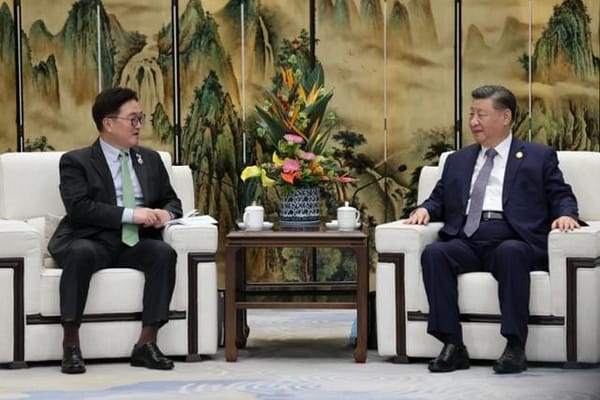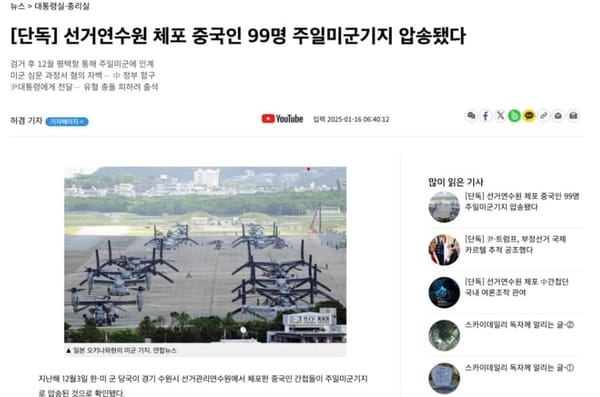Credit: Public domain.
In a provocative yet well-argued article, Professor Jeffrey Robertson at Yonsei University noted that several foreign policy options that were once considered fanciful are now the subject of live debate in Seoul’s foreign policy circles. (In doing so, Robertson inadvertently wrote a tag line for this website: “The dominance of North Korea in any analysis of the Korean Peninsula always amazes me. In a strategic context, South Korea is more important - significantly stronger economically, more populous and, most importantly, substantially more socio-politically dynamic.”)
Robertson flagged four debates under active discussion in Seoul: (1) Should South Korea withdraw from its alliance with the United States? (2) Should South Korea accede to China’s regional dominance? (3) Should South Korea secure its own nuclear weapons capacity? (4) Should South Korea pursue a position of neutrality between US and China, as Sweden or Switzerland did during the Cold War? Until recently, the answer to all four of these questions in South Korea’s policy making community have been a resounding “no”. Even today, those who answer “yes” to any one of the four questions are in the minority. But Robertson is entirely correct to note that these questions are no longer merely academic or theoretical.








